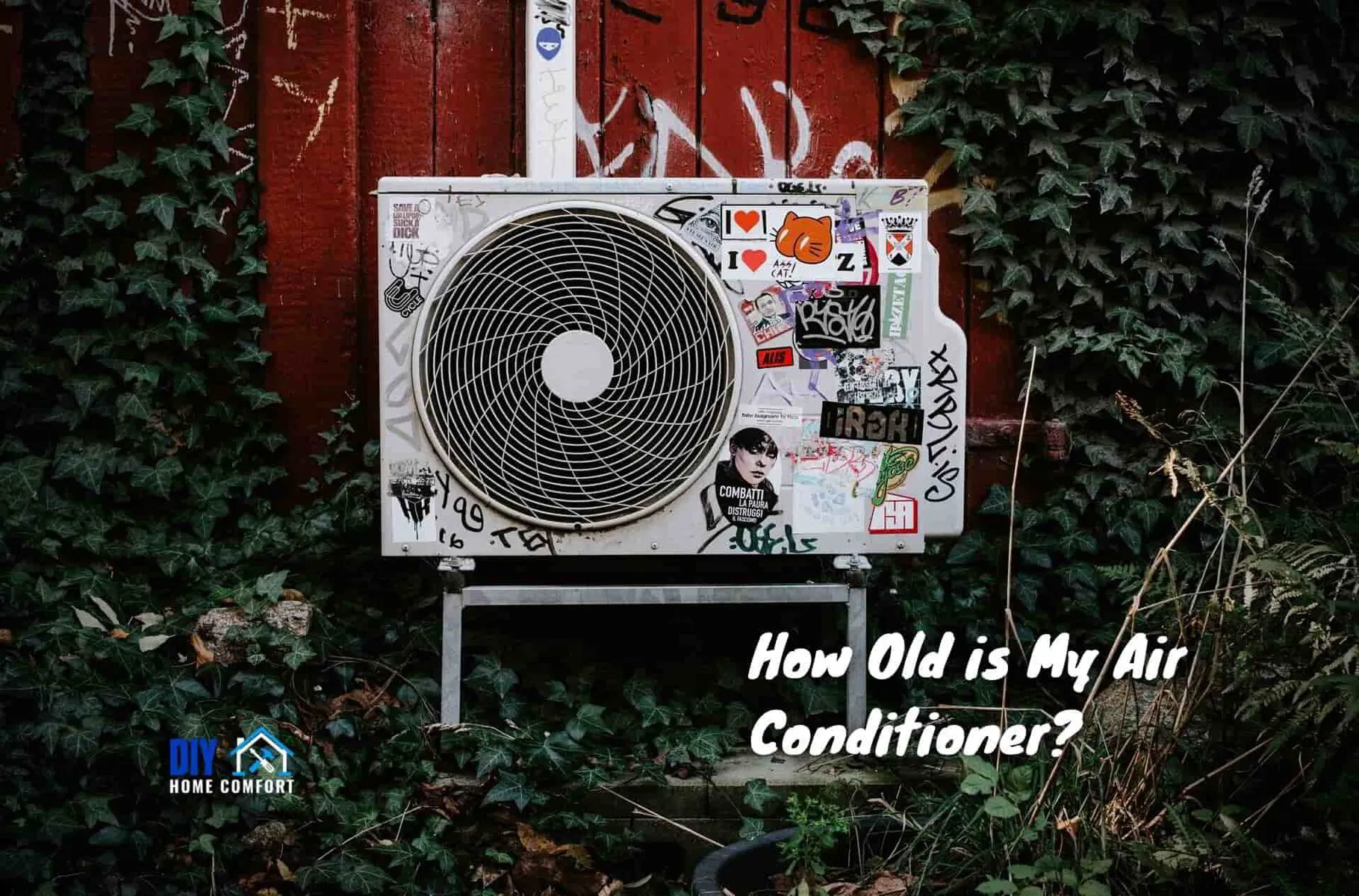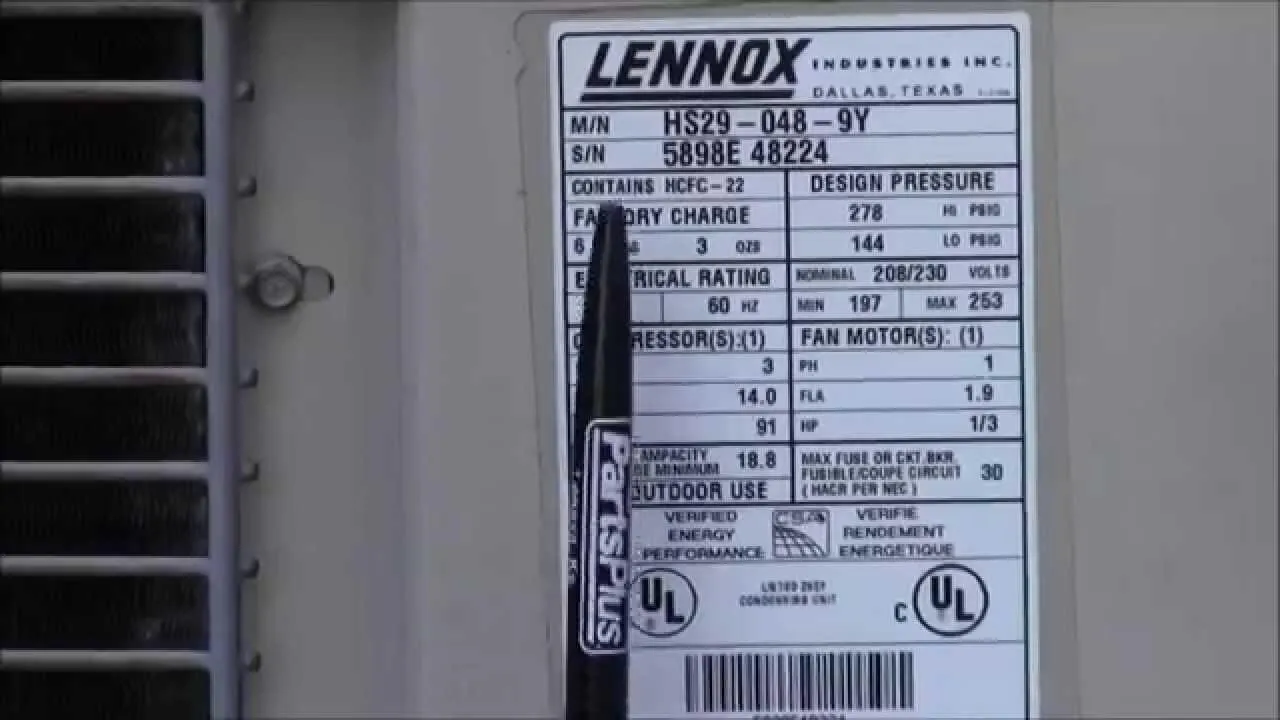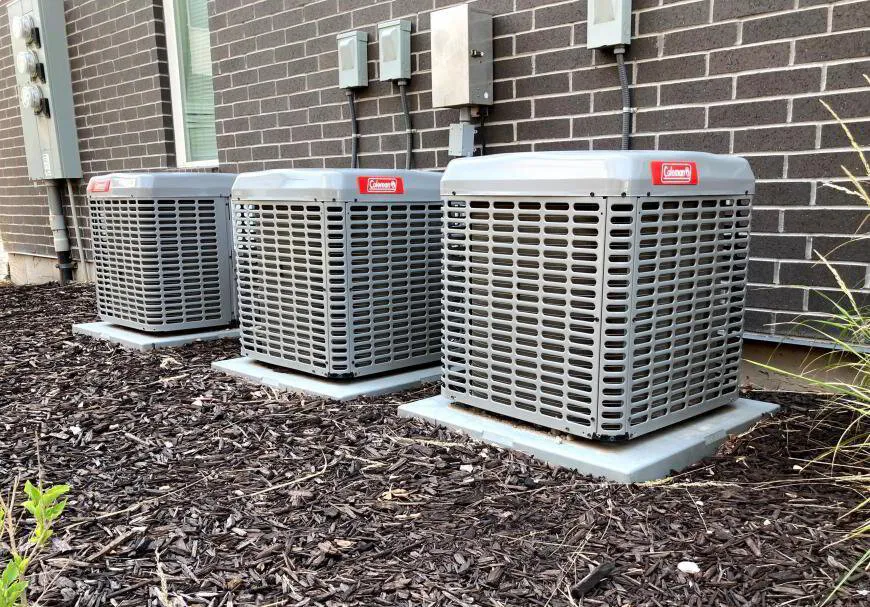Have you ever wondered how old your air conditioner is?
If you're like most people, you probably don't think about it too often.
But did you know that knowing the age of your air conditioner can actually be quite helpful?
By understanding how long your AC unit has been in operation, you can make more informed decisions about when to replace or service it.
Additionally, if you're planning on selling your home, potential buyers will almost certainly want to know the status of your air conditioning unit.
So whether you're curious out of personal interest or for practical purposes, read on to find out how old your air conditioner really is.
📘 Key Takeaways
- Knowing your air conditioner's age aids in making informed decisions about servicing or replacement.
- To determine the age, you can ask previous property owners, check the manufacturer's label, or locate the serial number.
- Contacting the manufacturer's customer service with the serial or model number can provide the manufacture date.
- Air conditioners typically last 10 to 15 years, but performance and efficiency should be regularly assessed.
- Modern, energy-efficient AC units can reduce energy bills and enhance property value, making them a worthwhile investment.
❄️ Ask!
If you are moving into a new property, it is highly recommended to ask the previous owners if they know how old the installed AC unit is.
It may also be worth inquiring about maintenance history, as this will provide further information on the age and health of the air conditioning system.
❄️ Check the Manufacturer's Label
Keeping track of the age of your AC unit can be highly beneficial when making decisions about your home, but figuring out its age can often be tricky.
If you cannot find a manufacture date, you may want to look for a metal nameplate attached to the AC.
This is usually on the outside cabinet, also known as the condenser.
That should provide information about when your specific unit was created.
This metal plate can be a great source of indicator as to how long you have had your system so that you can plan and make intelligent choices based on its age.
❄️ Find the Serial Number and Call Customer Service
If you're looking to find out how old your air conditioner is, then the first step is to locate its serial number or model number if you can't find it.
Once you’ve got that, simply call the customer service line of the company that manufactured your HVAC equipment.
They can tell you the manufacturer date using either the model or serial number.
While this may sound like a hassle, you can make informed decisions about their maintenance and any potential upgrades by knowing the age of air conditioning units – making it well worth a few minutes on the phone.
❄️ Identifying Systems That Are Due For Servicing or Replacement
Once you know the age of your air conditioner, you can make more confident decisions about what to do with it.
Checking its age is a simple way to determine if investing in repairs or replacement is the right choice for your home.
If the unit is relatively new, it most likely just needs repair; however, investing in a more energy-efficient replacement could save money in the long run if it's older.
Knowing how old your air conditioning system helps ensure that you are keeping your home comfortable and well-maintained at an affordable cost.
❄️ Finally!
While having an AC for around 10 to 15 years is possible, it is important to weigh whether you need a replacement if you notice that your unit is not performing to the level you expect.
Recently, more energy-efficient options have been available that you can buy to replace older cooling systems.
Aside from being better for the environment, more energy-efficient options mean a reduction in the amount of energy you need to keep your property comfortable, reducing energy bill costs.
There is also the additional benefit of improving the energy rating of your property, something that will become especially important when you want to sell your property to potential buyers and could be a compelling long-term investment.
Scott Harding
Scott is the main author of DIY Home Comfort. He's also an experienced HVAC technician that enjoys home renovation and spending time with his family. You can find out more about him here.



